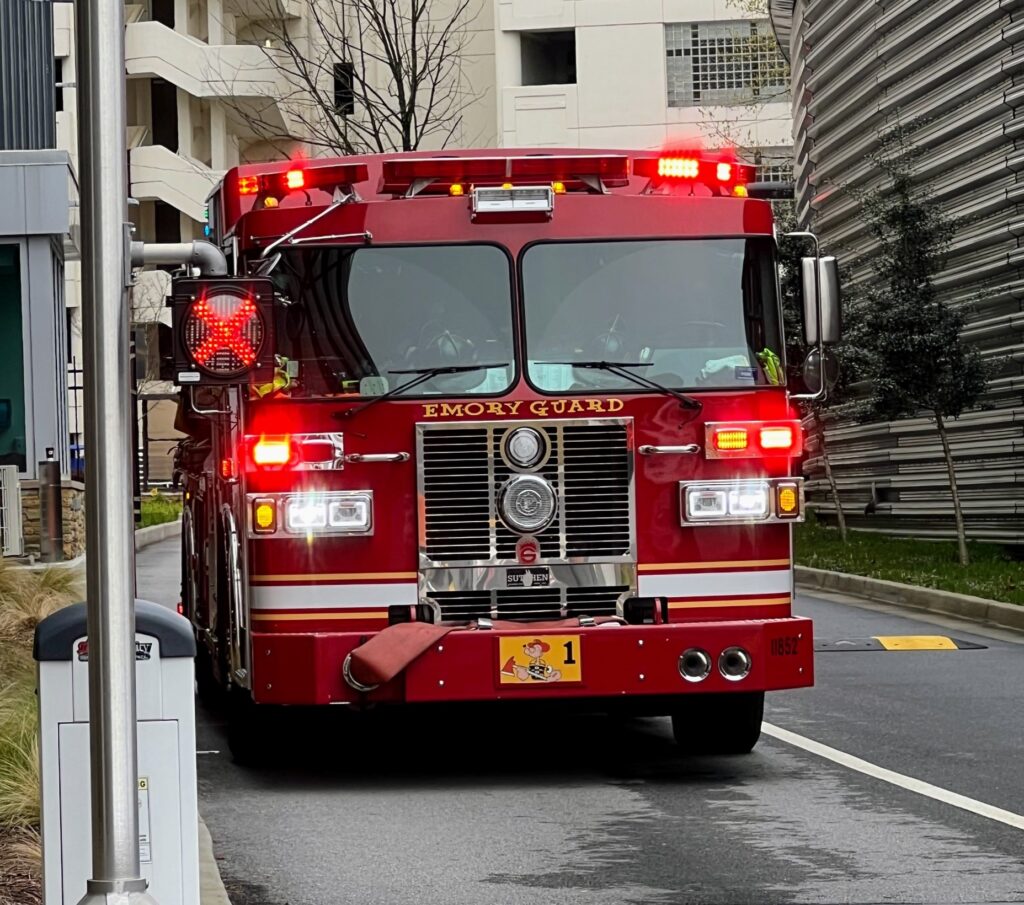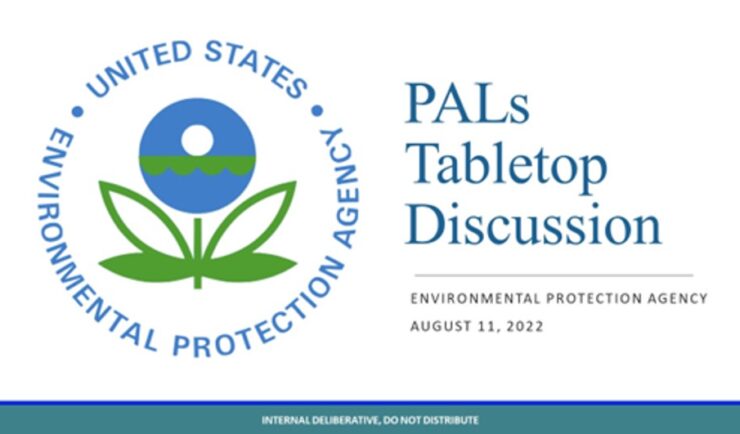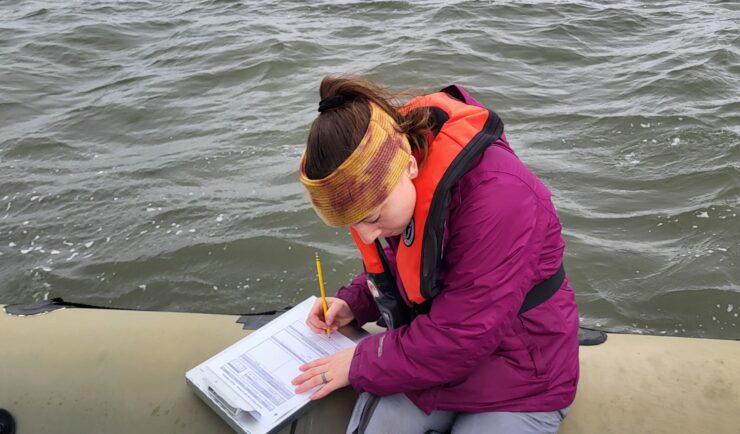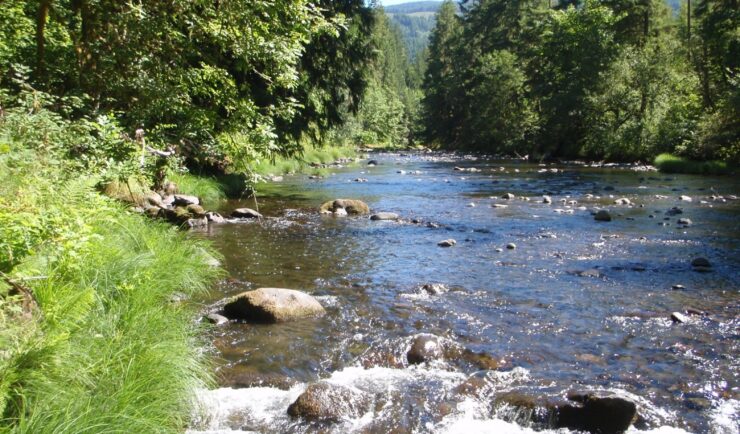
CSS supports several Centers for Disease Control and Prevention (CDC) campuses throughout the U.S. On-site CSS personnel are trained in hazardous material spill response and clean-up and provide this support within buildings and throughout campuses. As part of our contract with the CDC Hazardous Waste Program, CSS hazmat-trained employee owners are responsible for safely collecting, storing, and shipping hazardous and universal waste, as well as training laboratorians in spill control procedures, universal waste, and the Center for Disease Control’s online waste ticketing system.
A recent automobile collision on the CDC Atlanta campus caused battery acid, oil, transmission fluid, windshield wiper fluid, and antifreeze to spill into the roadway. Following the scene being secured by first responders, CSS hazmat-trained staff responded to and cleaned up the hazardous material to prevent further contamination. They used absorbent pads specifically designed for use in hazmat clean-up, and universal absorbent pillows to prevent chemicals from spreading and running into storm drains.


See More CSS Insights

Webinar Support for Emergency Chemical Release Response
Our staff assisted the EPA team in developing the webinar event, acted as moderator, and provided technical support.

Organizing Teams to Monitor Coastal Contaminants
For nearly 40 years NOAA’s National Mussel Watch Program has been monitoring contaminants in coastal waters in over 400 sites around the U.S. by testing sediment and bivalves, such as oysters and mussels. A CSS employee owner organizes and coordinates the regional missions to collect and test samples. This includes developing a schedule and coordinating…

Over 2000 River and Stream Samples Analyzed
Every five years teams supporting U.S. Environmental Protection Agency’s National Aquatic Resource Survey—consisting of tribal, state, and federal partners—collect samples from over 2000 river and stream reaches throughout the United States. CSS analytical chemists support this effort by processing the samples and then analyzing them for various chemicals to help characterize their water quality. The…
